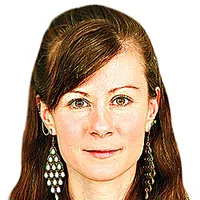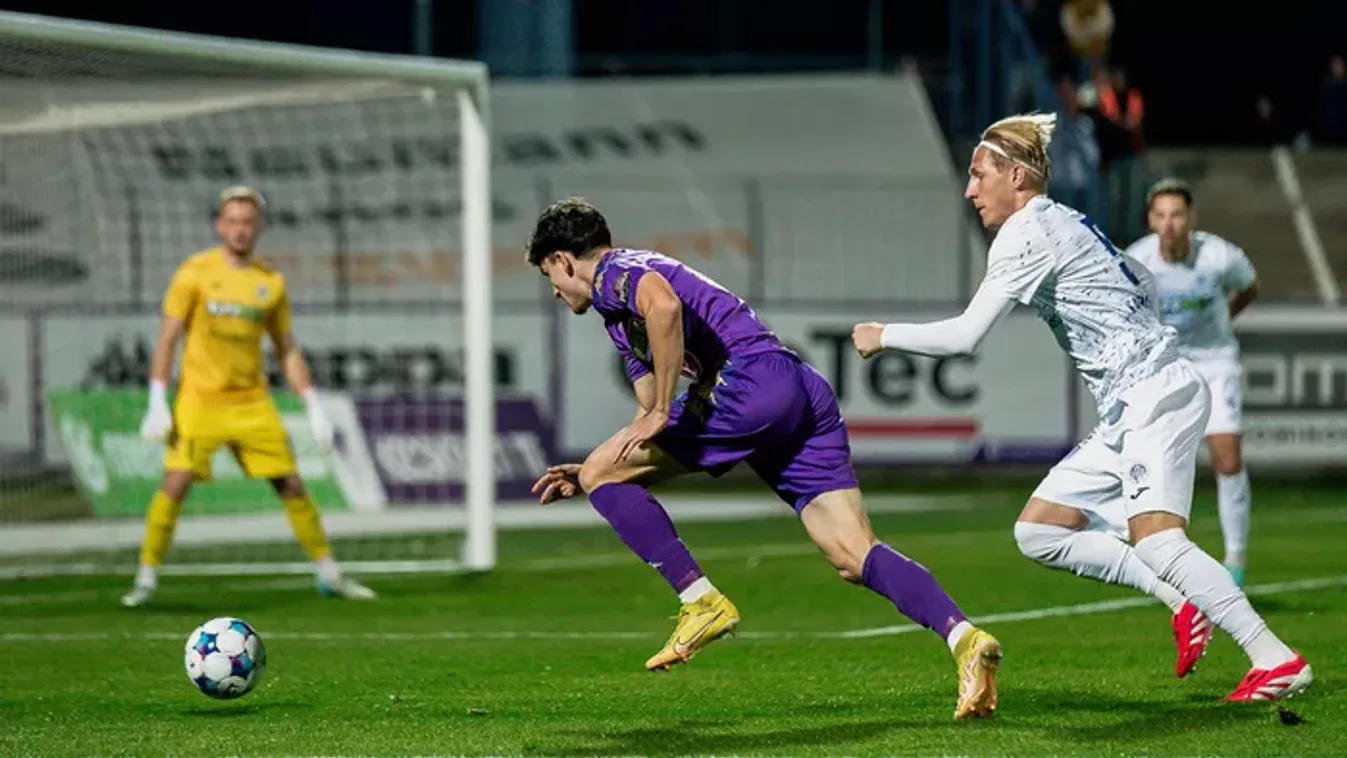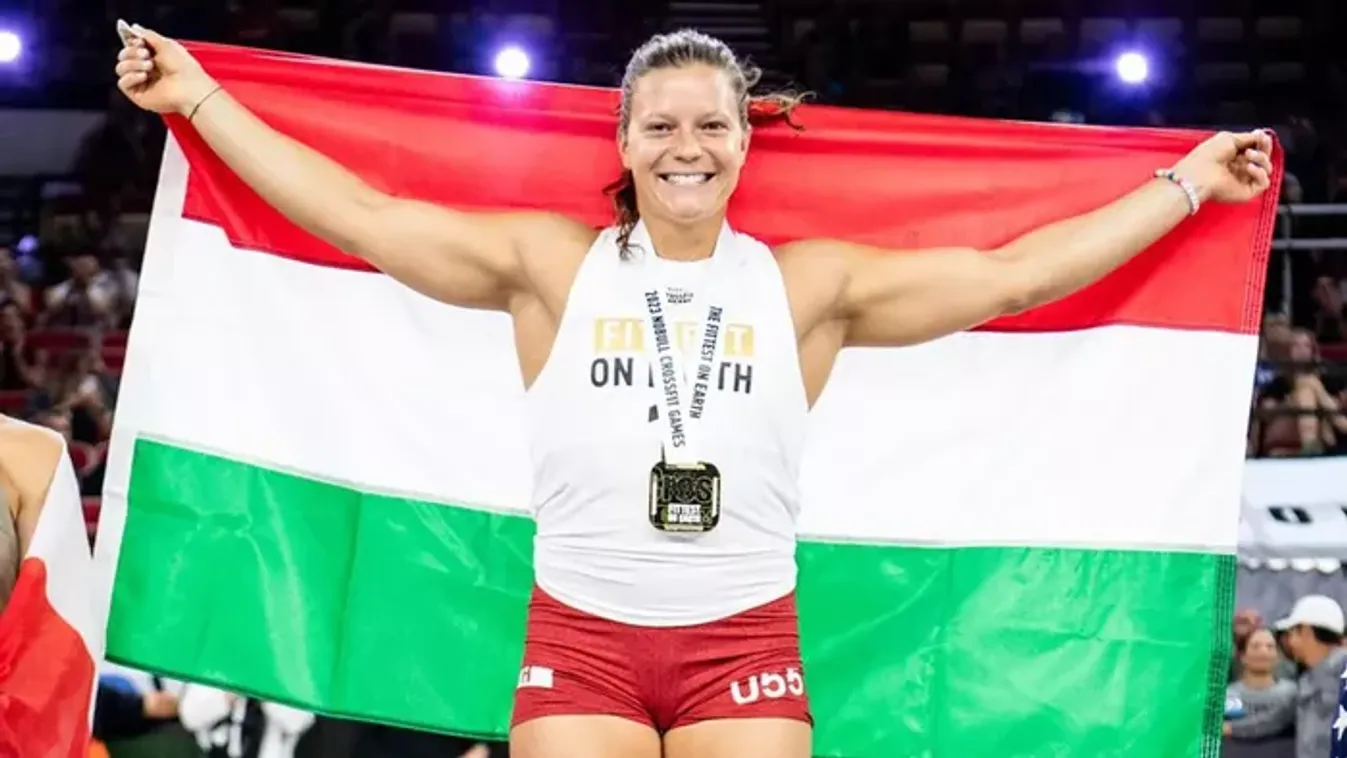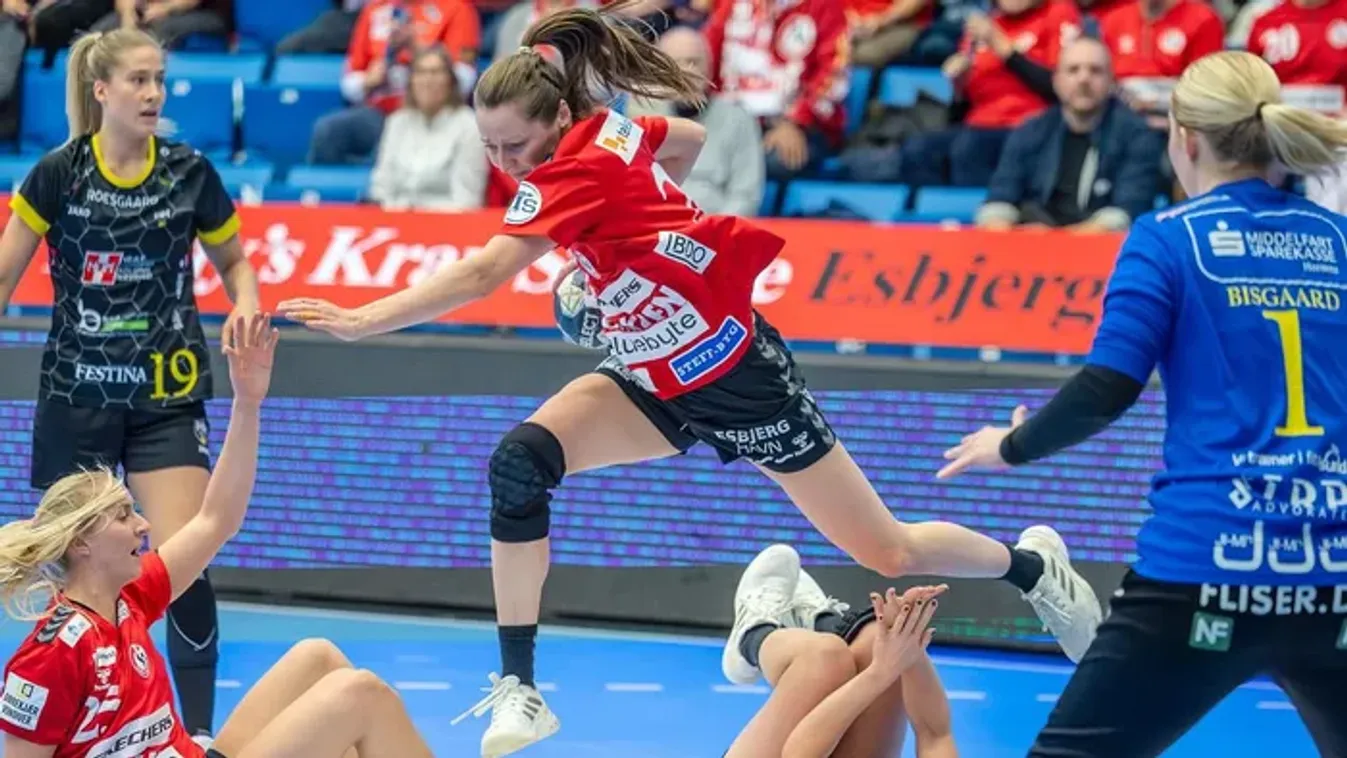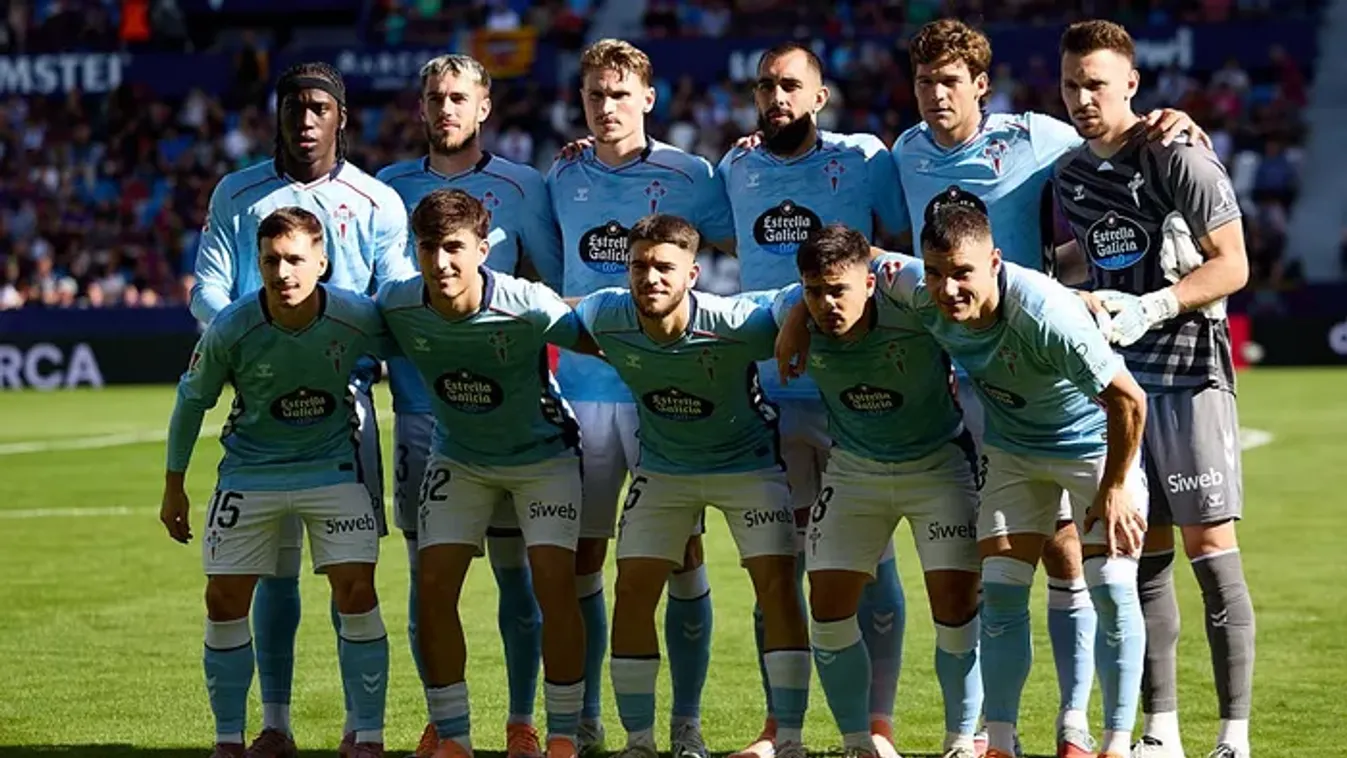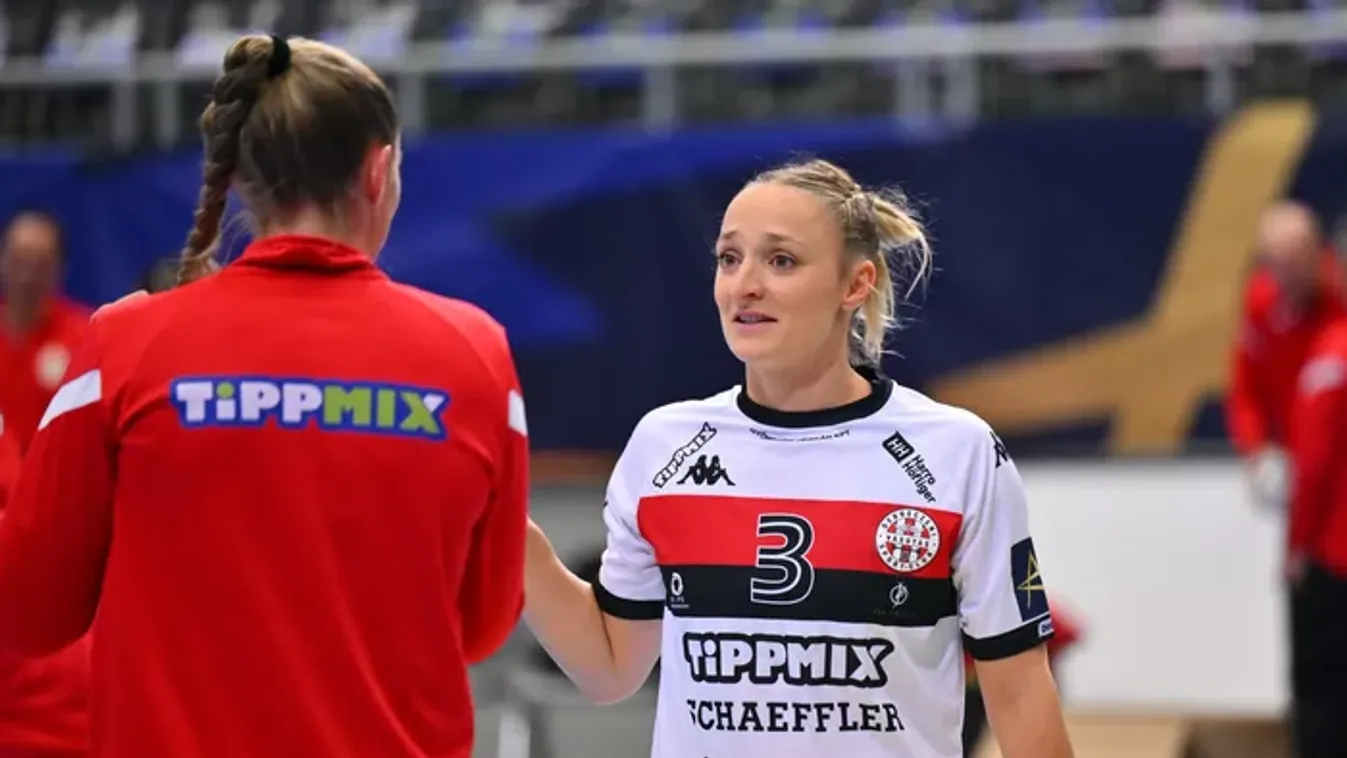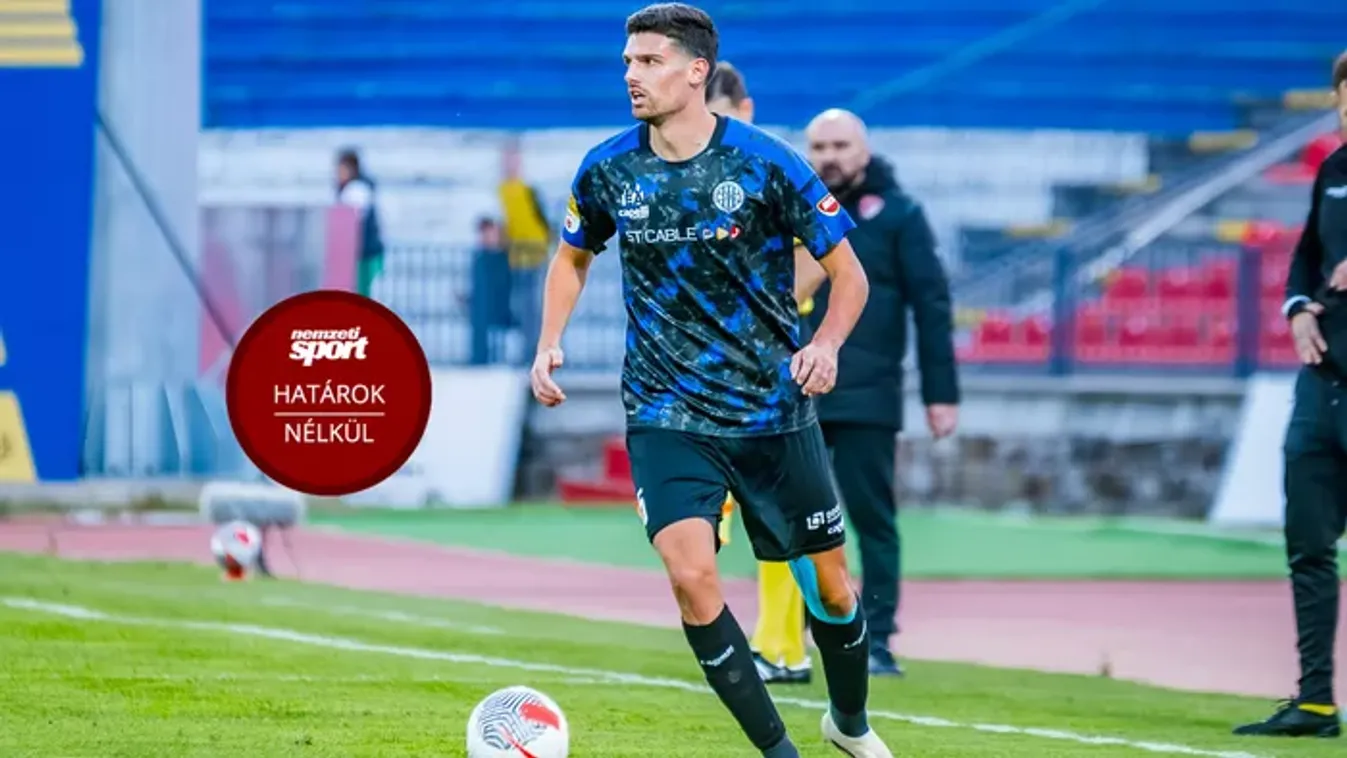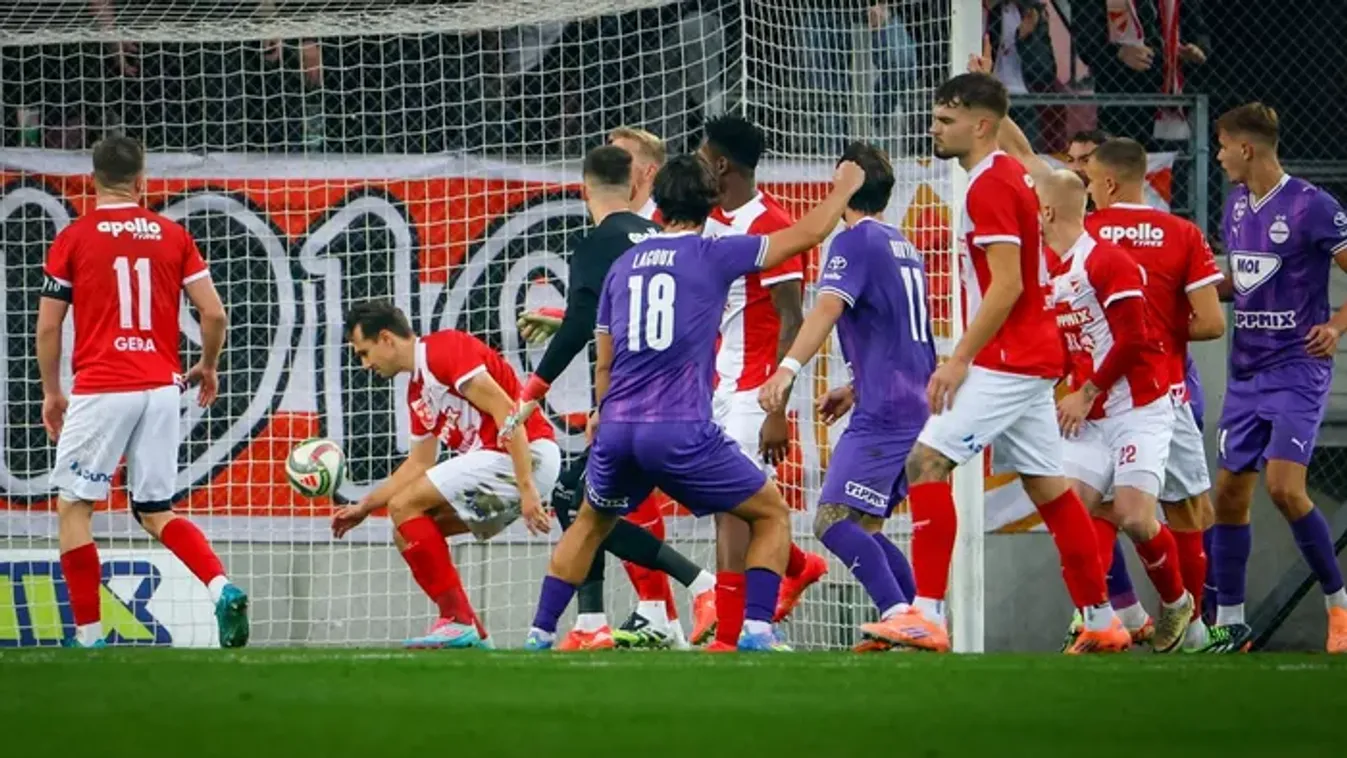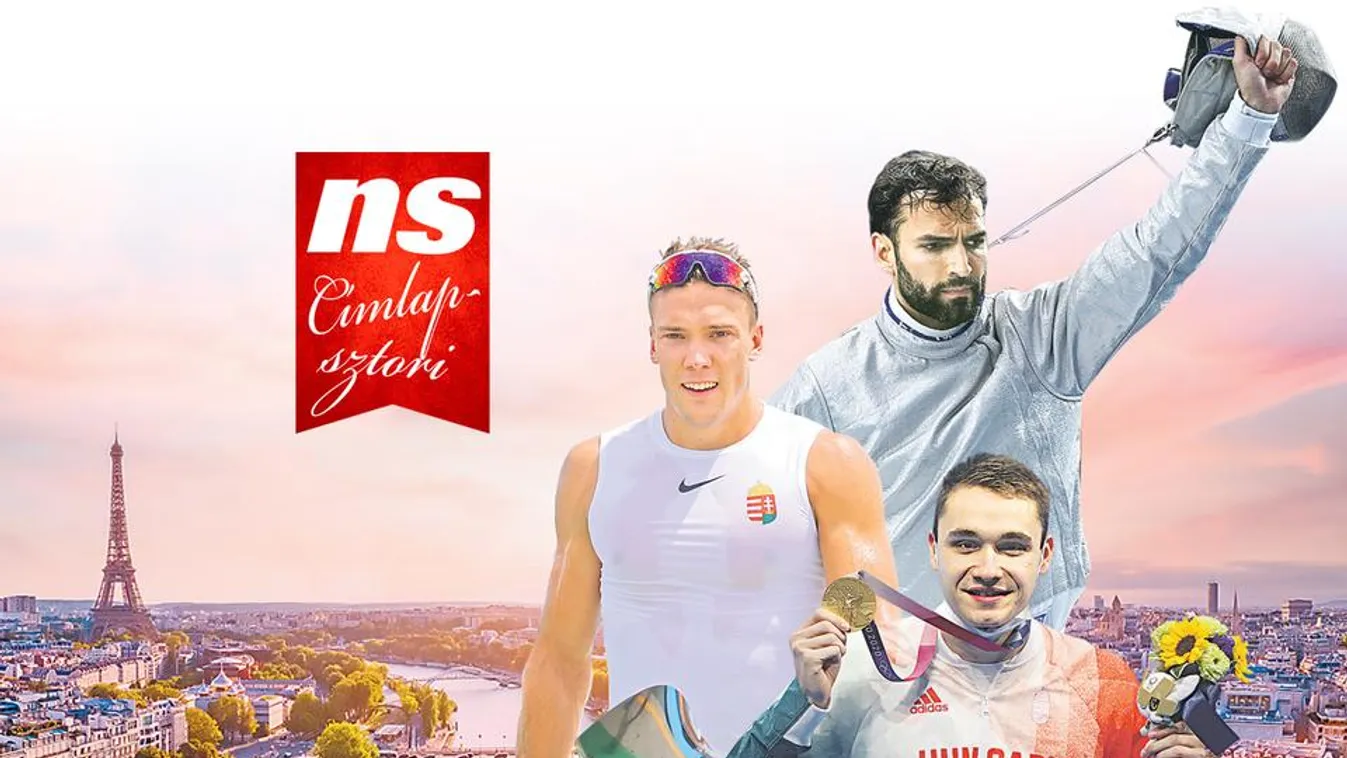
Not even a thin layer of dust on the medals in Tokyo can have formed yet, and the next Olympics is already within shooting distance. After the Games was postponed for a year due to the coronavirus pandemic, athletes and coaches have only a three-year cycle, and we are now halfway through it, so the qualification period is about to begin in all sports.
How large the Hungarian team will be still lies in the future, but the aim is clearly to at least reach the number in Tokyo: in the summer of 2021, Hungary was represented by 172 athletes in 23 sports at the Games. (Our tennis players won two quotas, and three could have competed in Tokyo, but due to injuries, there were no Hungarian participants in Japan.)
In this compilation, we take a look at the qualification system in Paris for the sports that Hungary considers the most promising.

SWIMMING
„Extra” swimmers can participate in the relays
The „door” will be open to Olympic A-levels in swimming from March 1 (to June 23, 2024): the maximum number of swimmers for the Paris Games is 852. Completion of the allocated A-levels automatically entitles the swimmer to compete, with the restriction that a country may enter two competitors in the same event at the Olympics. Importantly, and this was already the case before Tokyo, passing the B-level (under the old rule, if no competitor from a country had passed the A-level in a given event, a B-level swimmer could compete in the Olympics) does not automatically give them the right to participate.
With a change to the previous rules, the top three finishers from the World Championships in Fukuoka in July will qualify in the relay events, and the remaining 13 places will be awarded later after comparing the times from the Fukuoka and Doha Worlds in February 2024. It is possible for „extra” swimmers to participate in the relays: if one relay team earns a quota, they get two people to sign up, if two teams, it's four, so on and so on, and six or seven relay teams could sign up a total of 12 other swimmers: two if one relay qualifies, four if two relays qualify, six if three, eight if four, ten if five, and 12 more swimmers if six or seven quartets qualify.
The open-water swimmers will win their first quotas in Fukuoka, as the podium finishers in both the men's and women's events will qualify for the Olympic Games. The 13 remaining participants will be announced at the Doha World Championships (the best swimmers from the host country and the five continents will also qualify) but only two per country will be allowed to compete. In a change from previous years, a qualification at any of the World Championships does not exclude a second swimmer from qualifying, and the possibility for a swimmer who has achieved an A level in the 800m or 1500m to qualify for the 10km event is also new. But this „loophole” is only open to countries that have only one swimmer qualified in open water in the qualification period.
CANOEING
The vital question will be answered in Duisburg
In canoe sprint, the Olympic qualification process has not changed but the list of events on the program along with the maximum number of qualifiers has been reduced from 248 to 236 for Paris.
It is hoped that 18 Hungarians will be among them as this is the maximum quota per country (six athletes in each gender in kayak and three each in canoe). Though the Hungarian Canoe Federation predicts that „only” 17 is realistic; two females are „definitely” counted on, and the coaches are hoping for a third as well.
The quotas in question will be allocated at the World Championships in Duisburg from August 23 to 27. Of course, the biggest relief for national team head coach Csaba Hüttner would be if Hungary could get the maximum number of quotas already in Germany, so he will have to put together the puzzle for the athletes in a clever way, as one competitor can get one quota. Thus, there will be no overlap between the women's K-2 and K4, but only one competitor in the men's event can compete in more than one Olympic event. In addition, there is no room for improvement in the K-4, the only chance to qualify for the Olympics is the World Championships in Duisburg. For this, finishing in the top 10 is enough, provided that four continental countries qualify for the finals. Unlike in singles and doubles, nothing is lost if the performance in Germany falls short of expectations and a Hungarian team does not make the top six - though it should not be the case. On the one hand, two quotas will be awarded at the first World Championship in 2024, and on the other hand, one more quota will be given out at the European qualification event. Although hopefully there will be no need to worry if there will be, the home field is in our favor as both events will be held in Szeged.

FENCING
One team quota is worth three individual ones
The previous rules in the sport remain in place, meaning that the qualification period starting on April 1 (and ending on March 31, 2024) will also see the start of the qualification rankings - in addition to the continuously updated world rankings.
The former will show which teams will qualify for the Games and who will qualify for Paris in the individual events. Meanwhile, the latter will continue to "work" as usual, with the important addition that the world rankings will be used to determine the rankings during the qualification period.
Eight teams will be allowed to compete in the Olympics (or, if the host country, France, has not qualified in a discipline, it may do so by right). The top four teams in the rankings will qualify automatically, and then the remaining ones will be allocated by continent, with the proviso that if a team from a continent is not in the top 16, it will be replaced by the best-ranked team from outside the participating countries.
If a country's national team wins a team title in one of the disciplines, it can travel to Paris with four fencers, three of whom can compete in the individual event, too. The fourth can only be used in the team, with the proviso that the coach cannot send the replaced fencer back to the piste after a change.
If a country does not qualify for a team event in a discipline, it may enter one individual fencer. If that fencer is among the top two European competitors in the world rankings (after the athletes who qualified with the team).
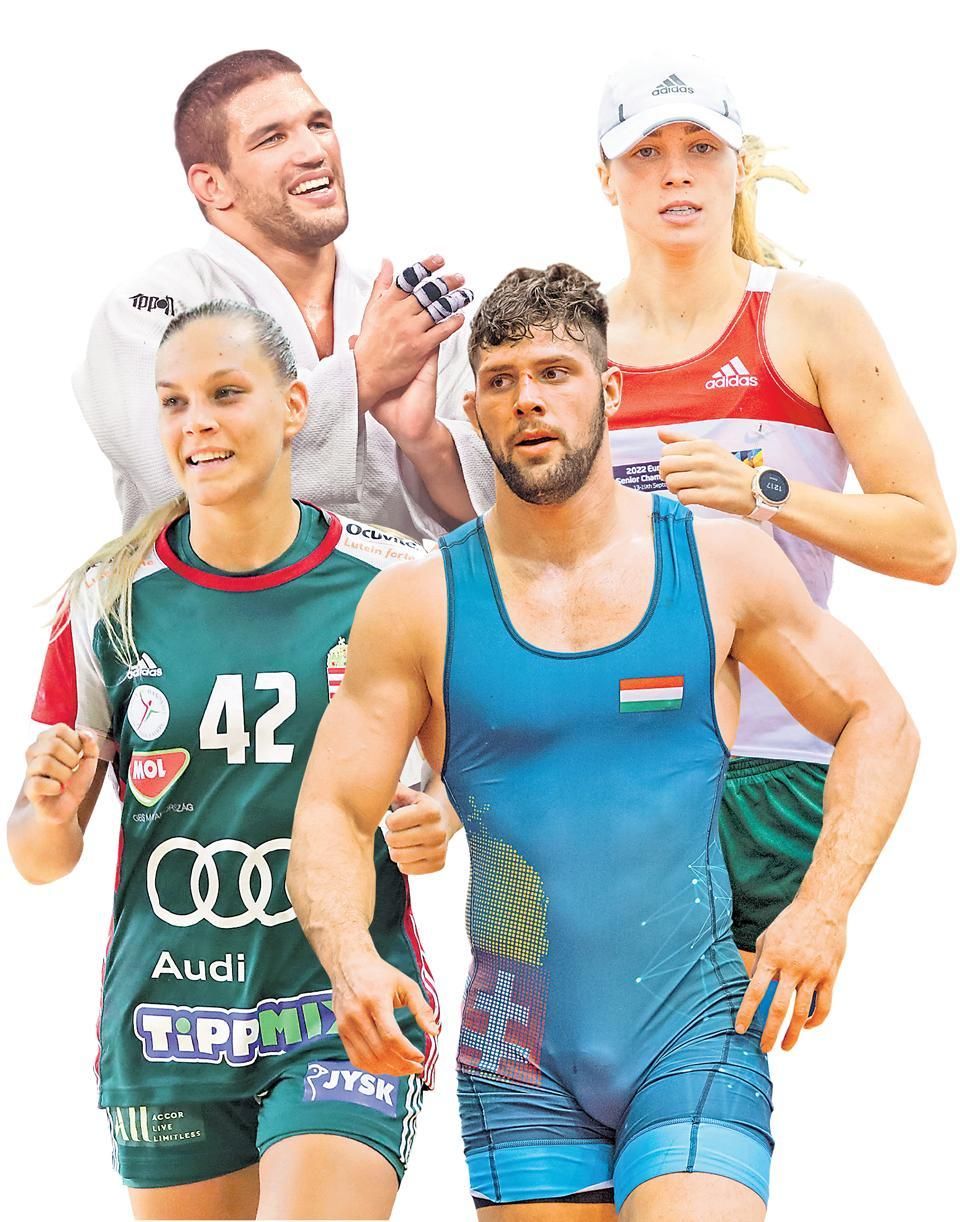
WATER POLO
Quotas will only be allocated at the World Championships this year
The number of teams is unchanged from Tokyo – twelve men's and ten women's teams are going to participate in the Paris Games. As hosts, France is an automatic participant for both genders, while the other teams will be able to qualify for it first at the World Aquatics Championships in July. The top two finishers from Fukuoka in both the men's and women's events will qualify for the Olympics - unless the French team reaches the final. However, given the balance of power, this is unlikely - meaning the winners of the semifinals will definitely be in Paris.
Our men's team has qualified for every Olympics since 1928 and the women's team since 2004, so there is a good chance of qualifying this time too, but it does matter when they fight for the right. It has not yet been officially announced, but it is certain that the European Championships, originally scheduled for October this year, will be held in January 2024. Therefore, this year, the only way to qualify for the Games is through the World Championships.
Only the gold medalists - or if they are already Olympic participants, then the silver medalists - from the continental tournaments will qualify for Paris. Besides Europe, there will be a quota each for Africa, Asia, the Americas, and Oceania. There will be no Olympic qualification tournament this time, meaning that the remaining four men's and two women's quotas will be allocated at the World Championships in Doha next February.
MODERN PENTATHLON
The competitors ride the horse for the last time
Our pentathletes will have three qualifying events in 2023 and one in 2024. One Olympic quota each for the men and women will be awarded at the World Championship finals in Ankara at the very end of May, meaning the winner will go to Paris, where the equestrian event will have its last days in the program.
Eight pentathletes per gender will qualify for the European Championships, which will be held as part of the European Games in Krakow, but only one qualification per nation will be possible. The three podium finishers will redeem their flight to Paris at the World Championships in Bath, England, in the second half of August. If one of them has already qualified, that quota will be decided by the Olympic qualification rankings, and the same will apply to the 2024 World Championships. In total, 36 athletes of both genders will be eligible to compete in the Olympics, with a maximum of two men's and two women's events per nation. Twenty-eight places will be decided at the qualification events, and the International Olympic Committee will give out two wild cards, and the remaining places will be allocated on the basis of the ranking.
If a country has several athletes in the top 36 of the Olympic qualification rankings, the national federation can decide which of them can compete in the Olympics. In this case, the nation certainly has more than two quotas. Each country can only get one quota in a qualification event, but if different athletes finish in the qualification events in places worth a quota, Hungary could reach the maximum number of participants well before the rankings close on June 17, 2024. There is a good chance for that, but there will be a lot of competition for places within the national team.
WRESTLING
The Tokyo model remains
In Paris, the Tokyo pattern will be maintained, with 16 teams each in each of the six weight classes in the three disciplines, for a total of 288 quotas. However, the International Wrestling Federation (UWW) has changed the qualification system, as the wrestlers at the World Championships in Belgrade in fall 2023 will fight for 90 quotas instead of 108. Gold, silver and bronze medalists will qualify automatically, while fifth-placed wrestlers will have to compete for a flight to Paris. The second stage of qualification will follow the same pattern as before: the top two finishers in each weight category in the continental qualification events qualify for the Games, giving 144 wrestlers the chance to compete. The third and final world qualifying event will offer three quotas per category (54 in total), instead of the two that have been awarded so far, and will see the bronze medalists in each weight category compete for qualification.
JUDO
A major change
The International Judo Federation has introduced a positive change for women for the 2024 qualification period. Unlike in previous Games, Paris will now allow equal numbers of women and men to compete in the sport. There will be fifteen categories of competition in each weight category and mixed team events. A total of 372 quotas will be awarded, 181 per gender. 343 of the quotas will be allocated on the basis of the Olympic qualification ranking, with points being awarded at world championships, World Judo Masters, Grand Slams, Grand Prix, Continental Open and continental championships. Based on these, the top seventeen finishers in each weight category will qualify for the Olympic Games, but no more than one judoka per country, and the rest is given out according to the qualification points earned. Of the remaining places, 14 will go to the host, France, and 15 wild cars will be decided by a tripartite committee, mostly in favor of countries that could not otherwise qualify in either judo or any other sport. The qualification period runs from June 24 of last year to June 23, 2024.
HANDBALL
Complicated math
The Hungarian women's and men's handball teams are already over a world qualifier: the former earned an Olympic qualifier place at the European Championship in November 2022, and the latter did at the World Championships that ended on Sunday. France is a host country for the Olympic Games, and the four continental champions and the world champion are also straight into the Olympic field of twelve teams per gender. The remaining six qualifying places will be open to the 2nd-7th placed teams at the World Championships, the 2nd-3rd placed teams at the European Championships and the Africa Cup, and the 2nd placed teams at the Asian Championships and the South and Central America Championships in three groups in spring 2024. The World Championship places available for the Olympic qualification tournament may vary depending on the results of the continental tournaments as if one of the winners of the latter or the French team finishes in the top seven at the World Championship, the eighth, ninth, or even tenth place will mean qualification as well. The Women's World Championship will take place between November 30 and December 17, 2023, while the
Men's European Championship will be held between January 10-28, 2024, before the qualification tournament.


